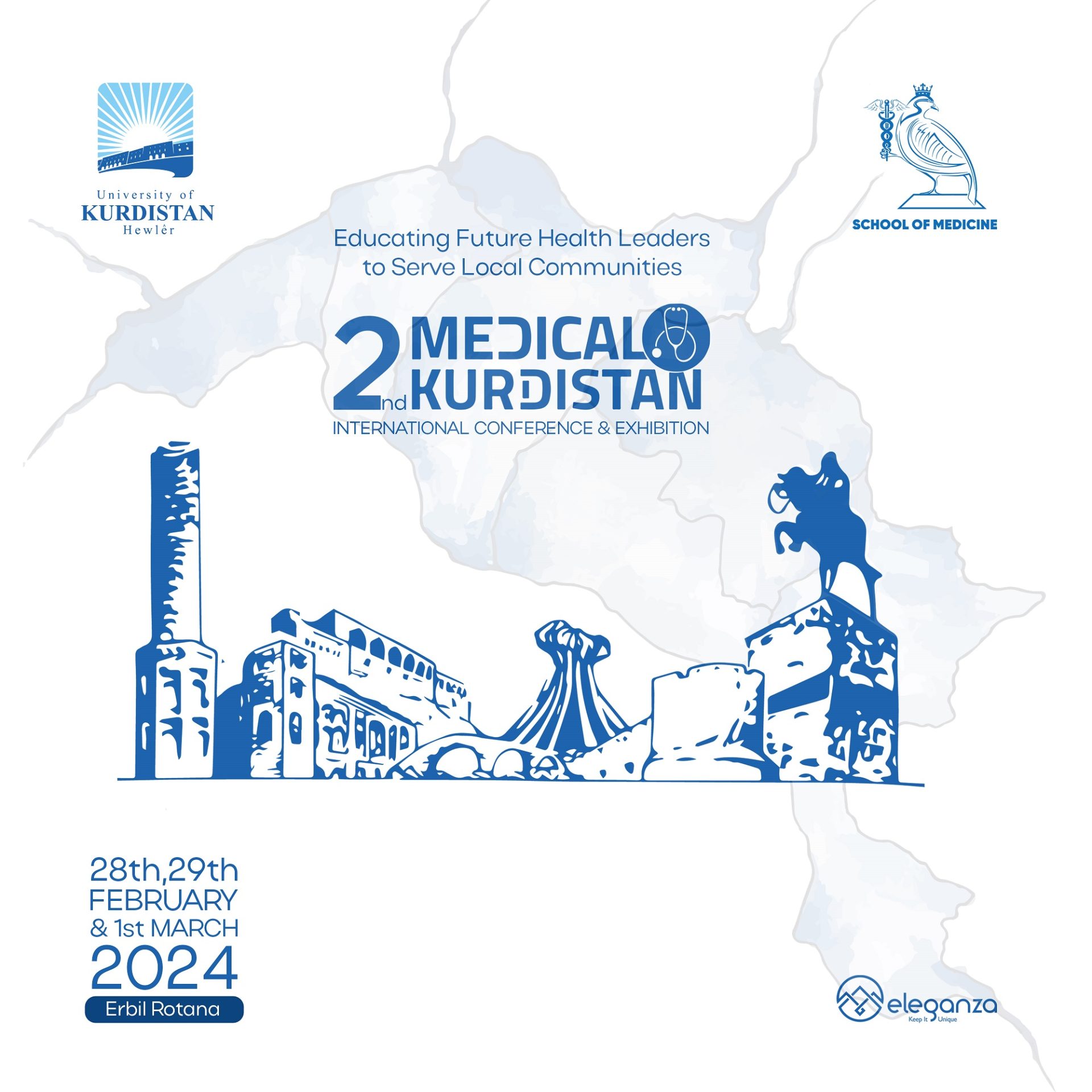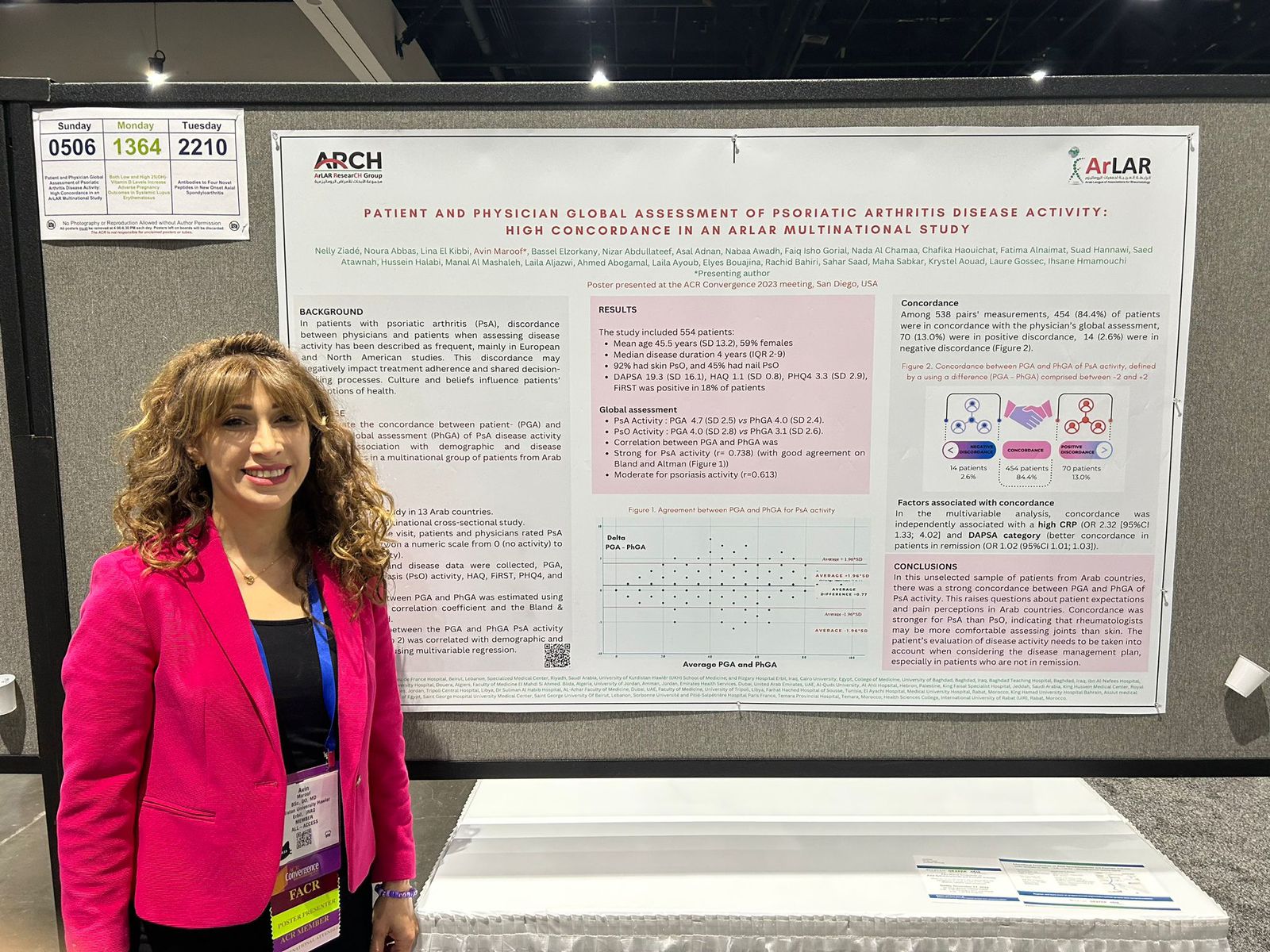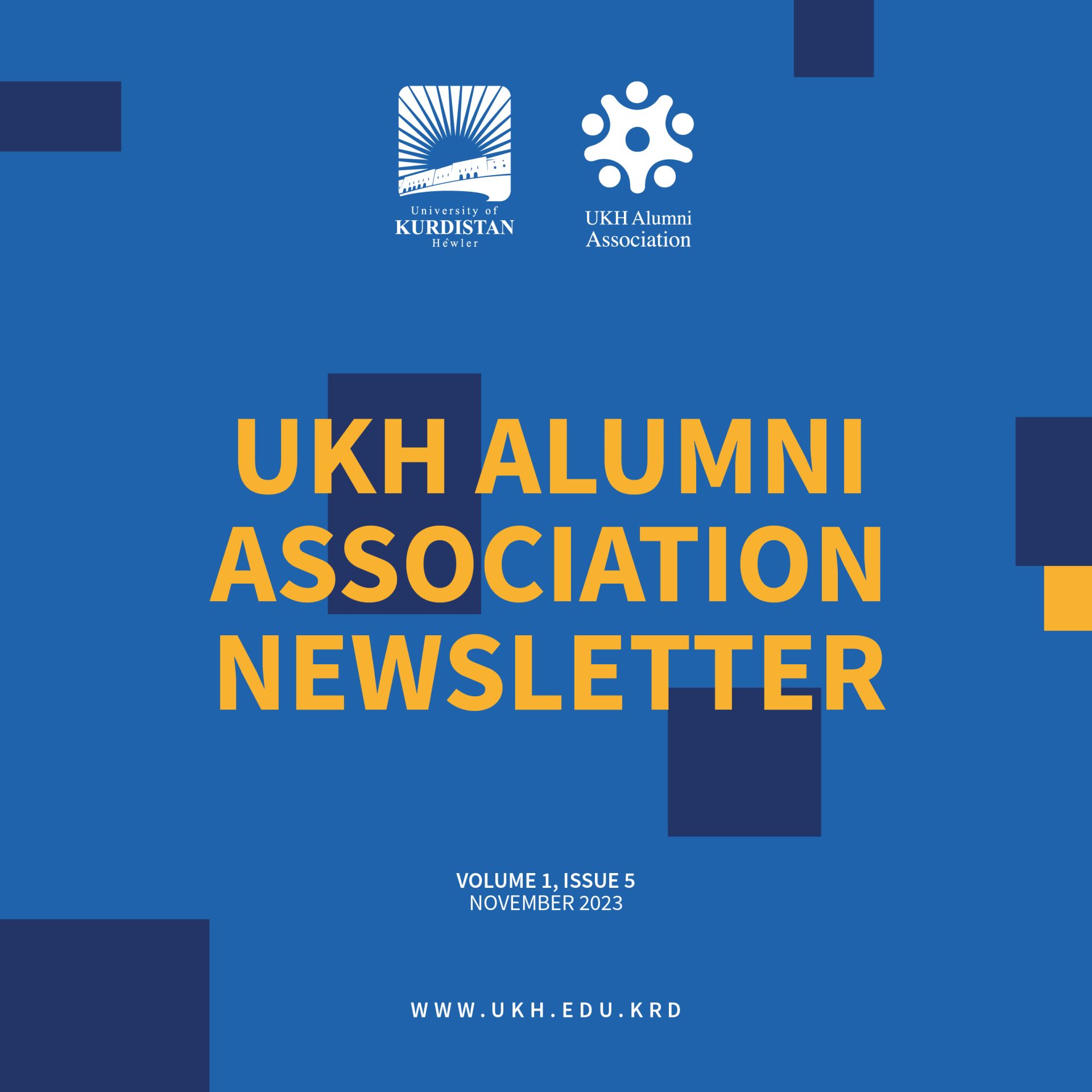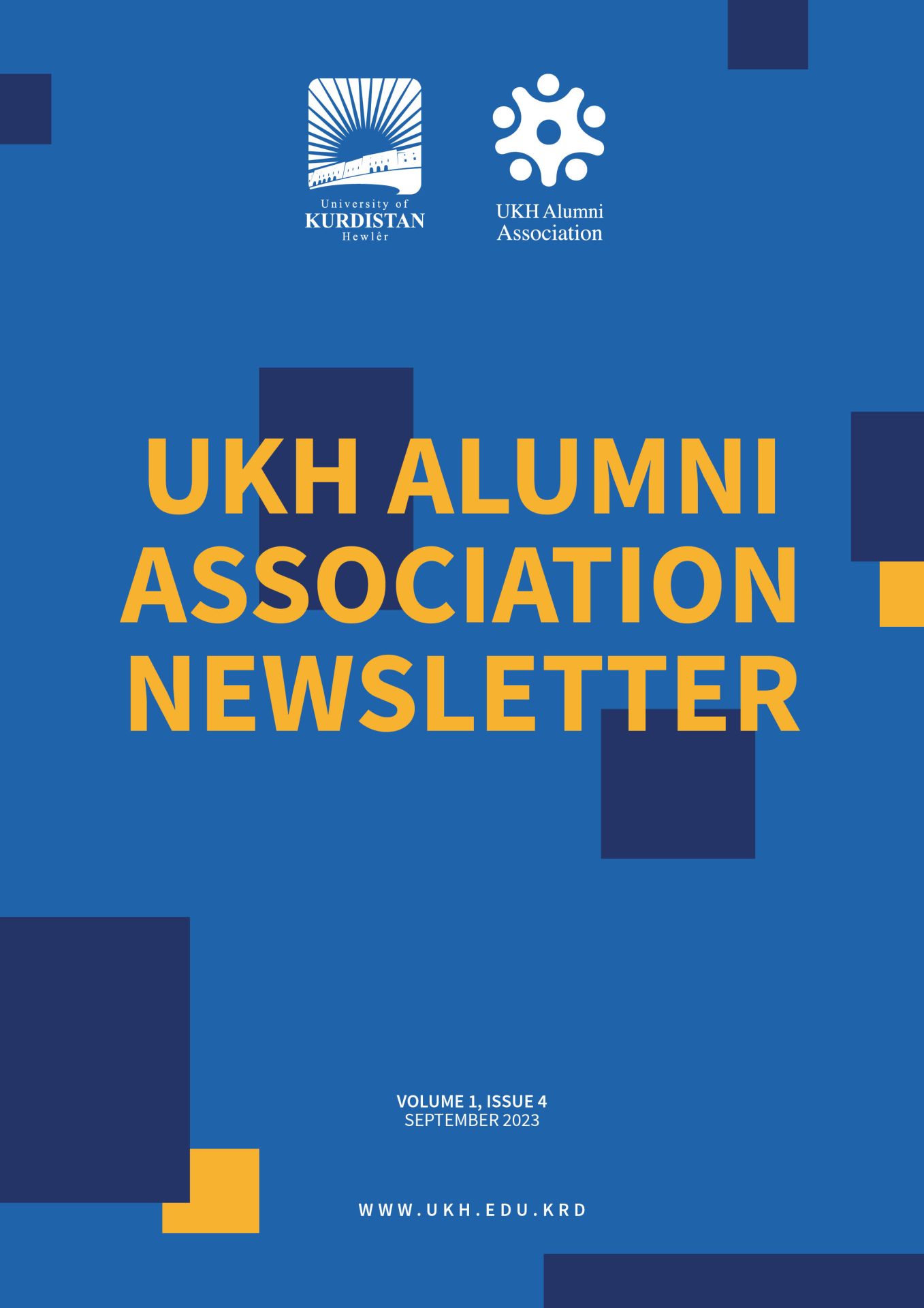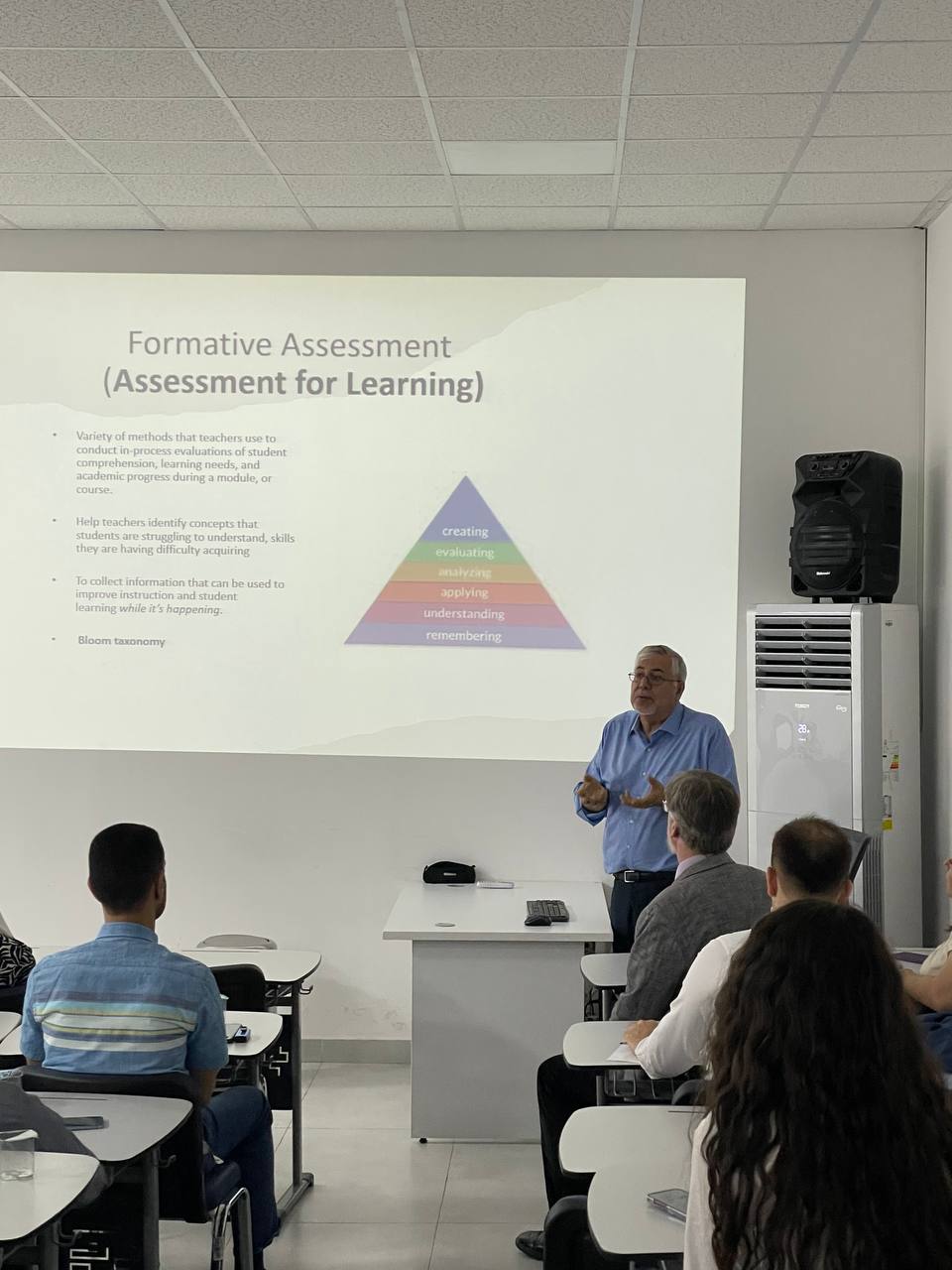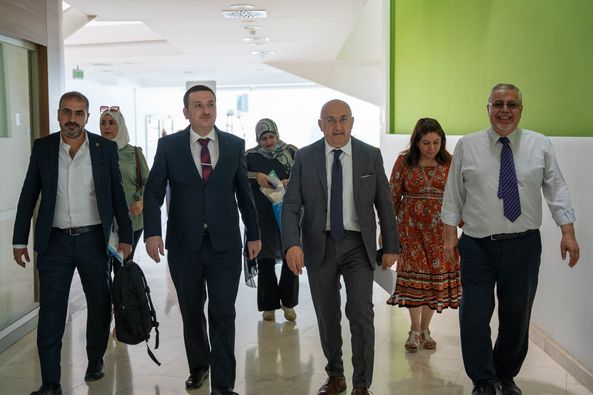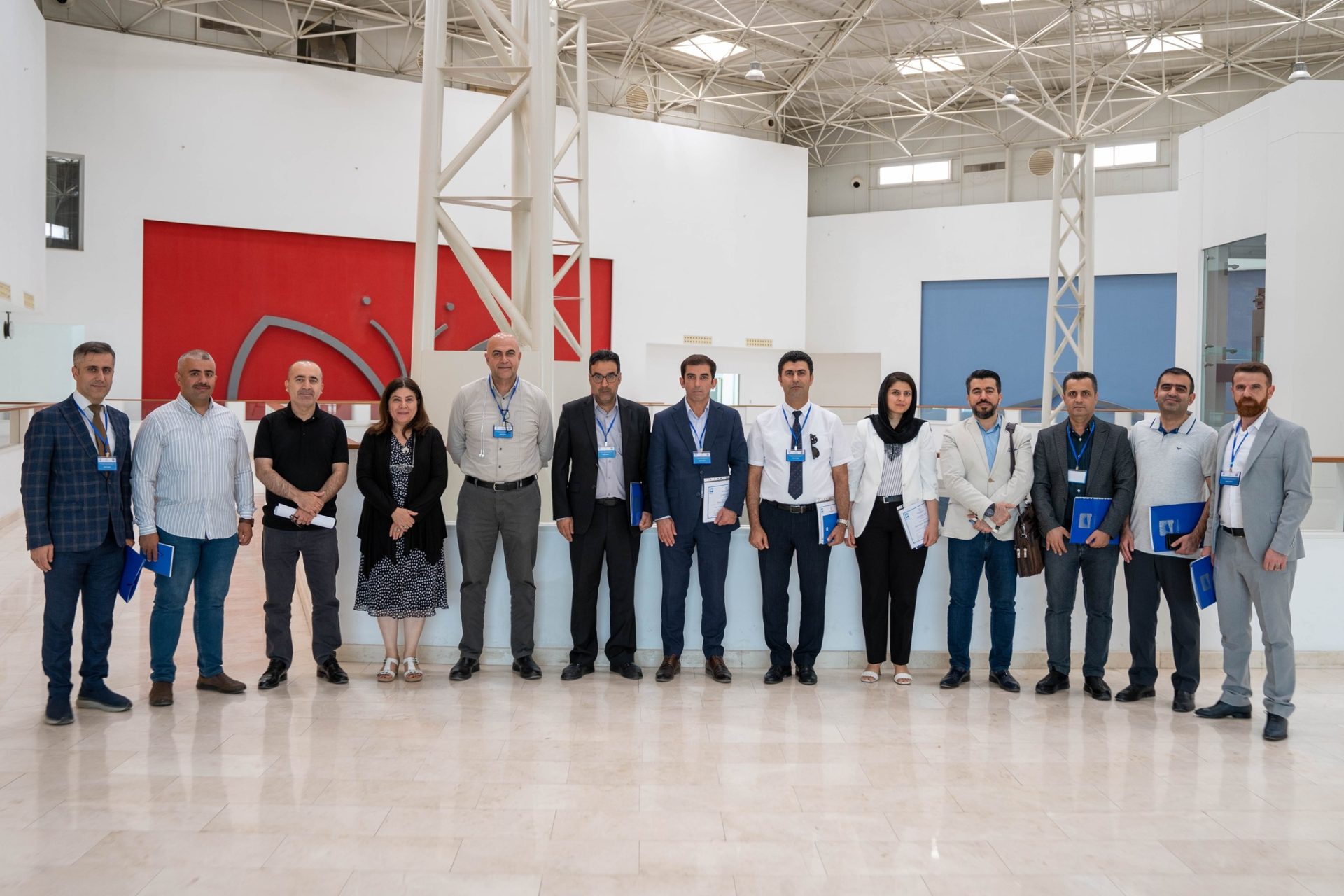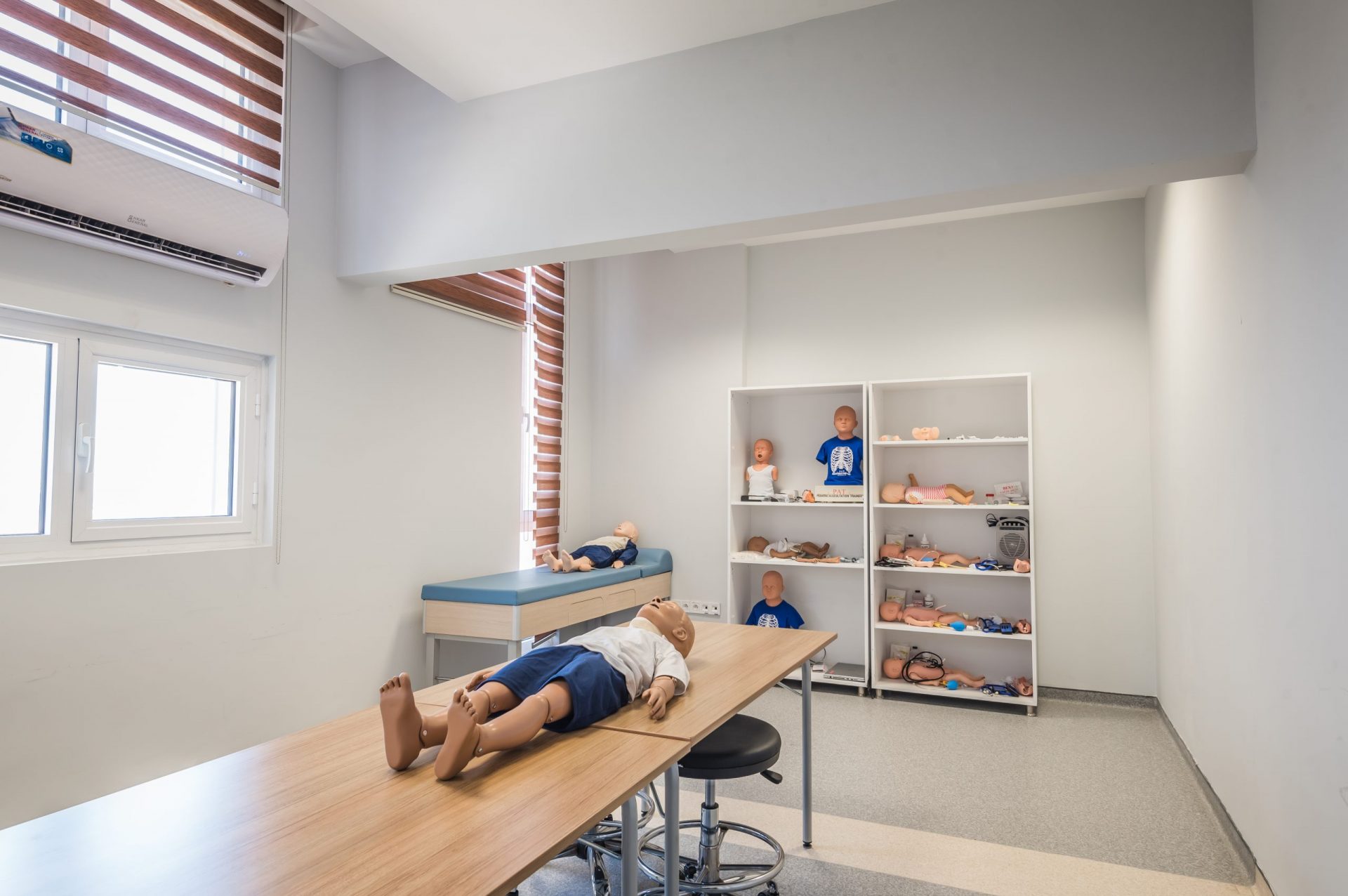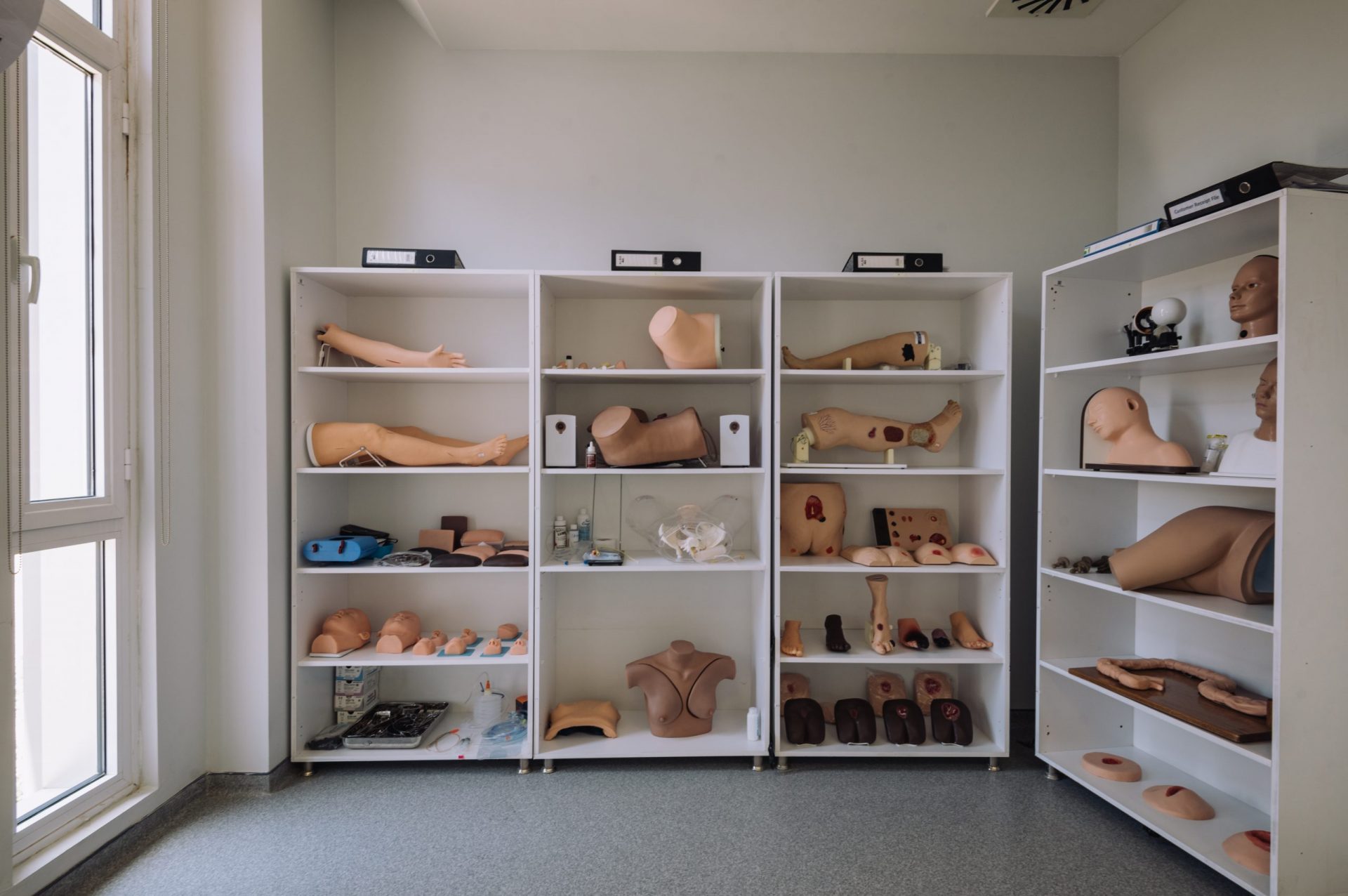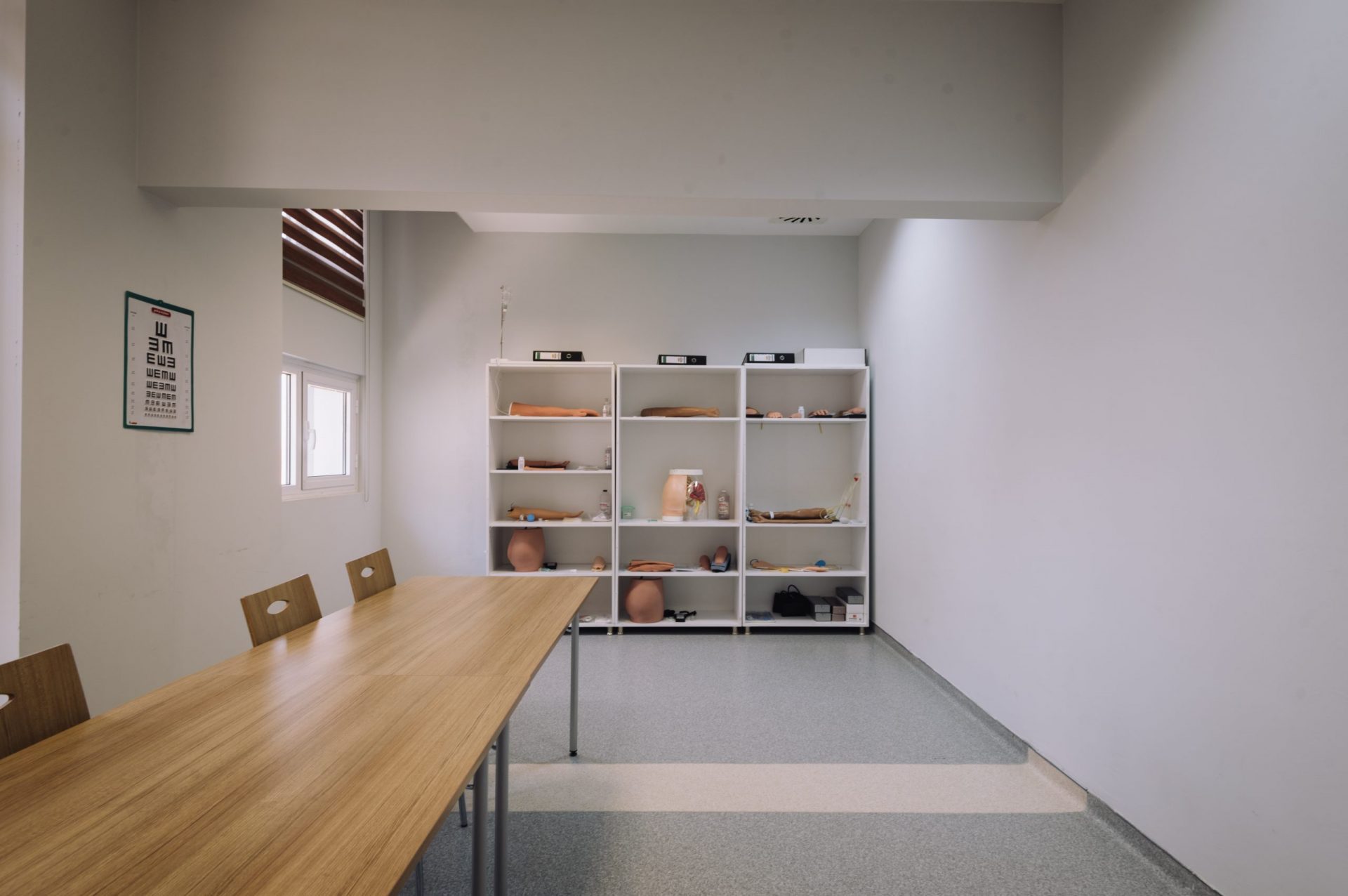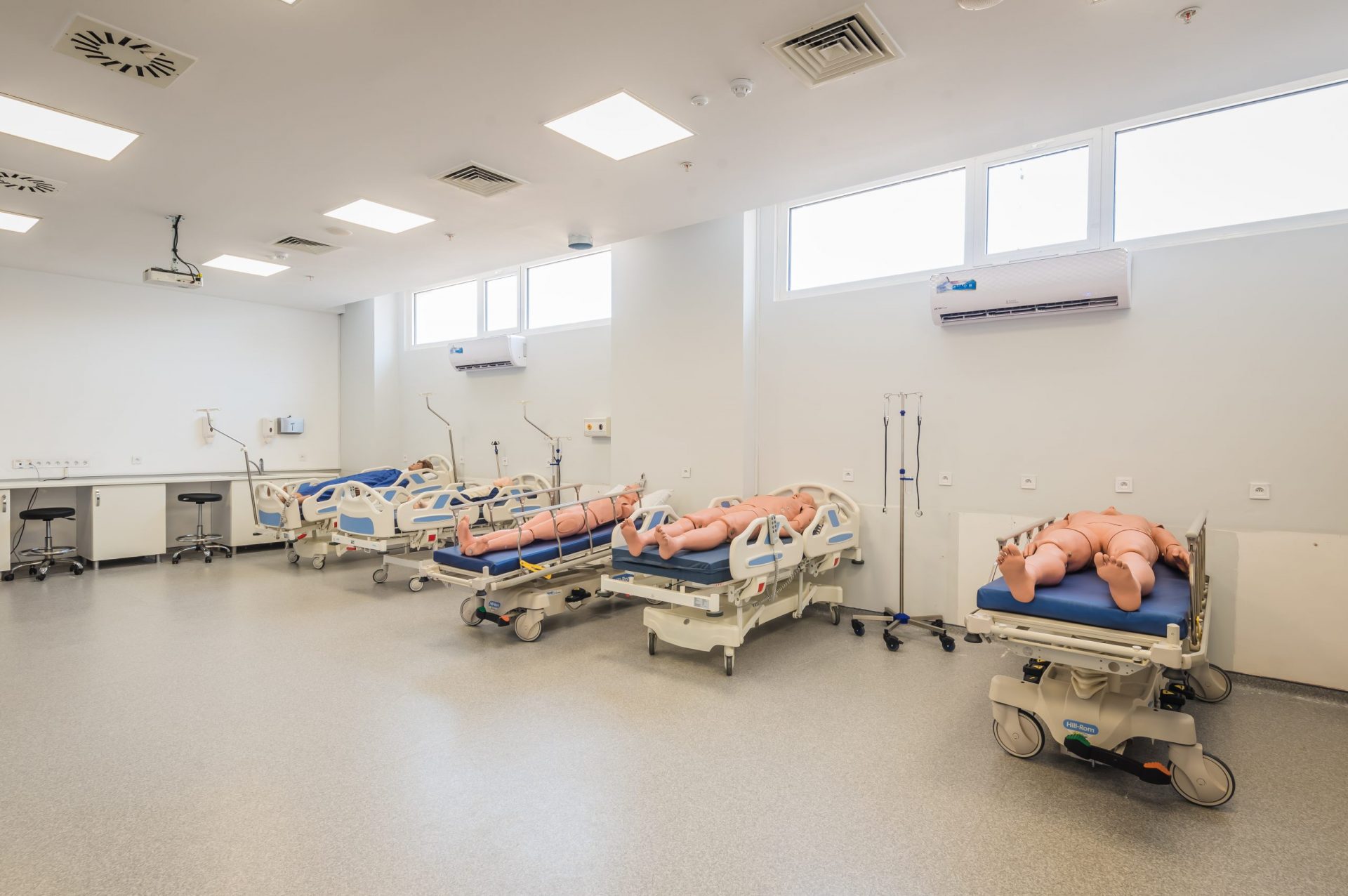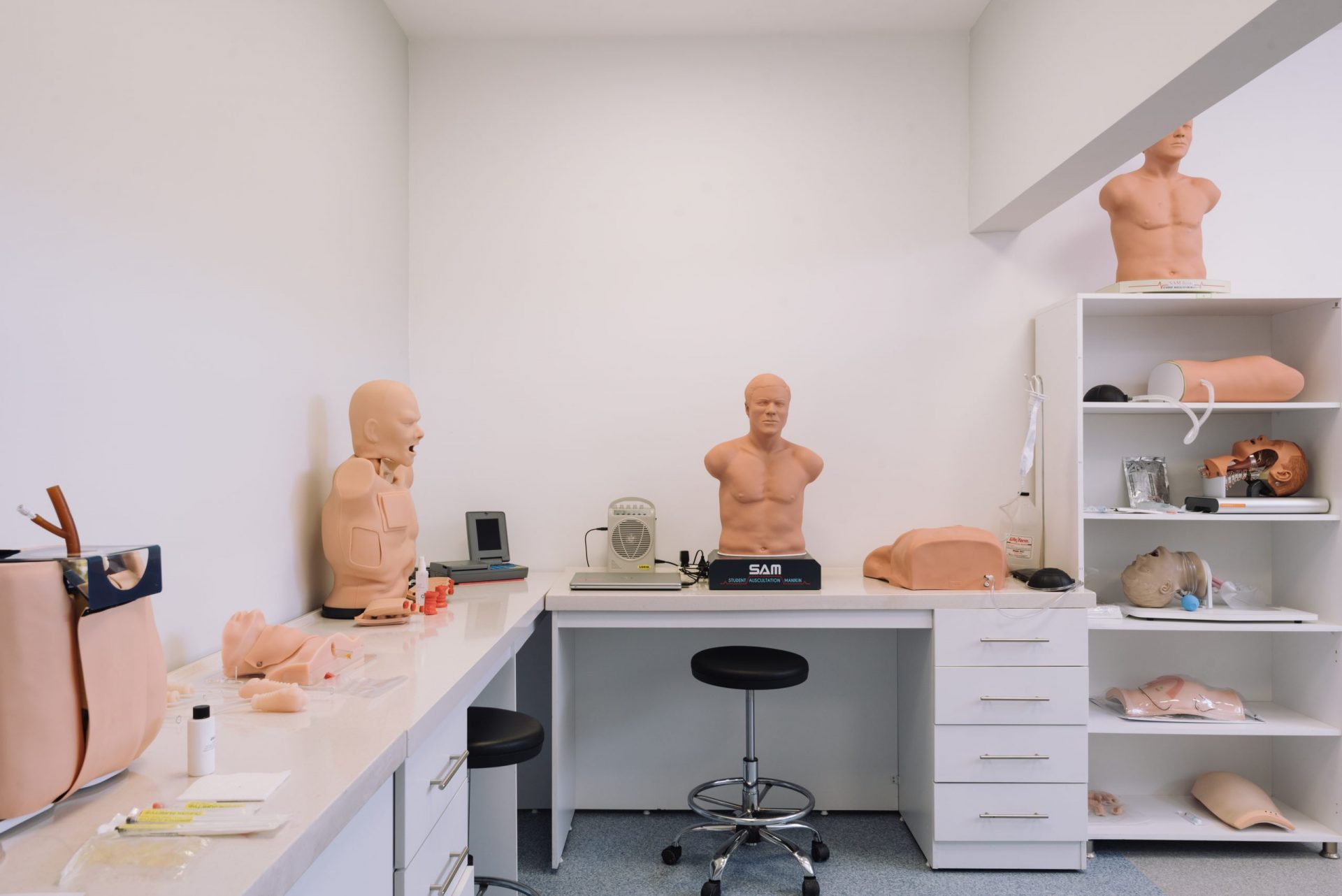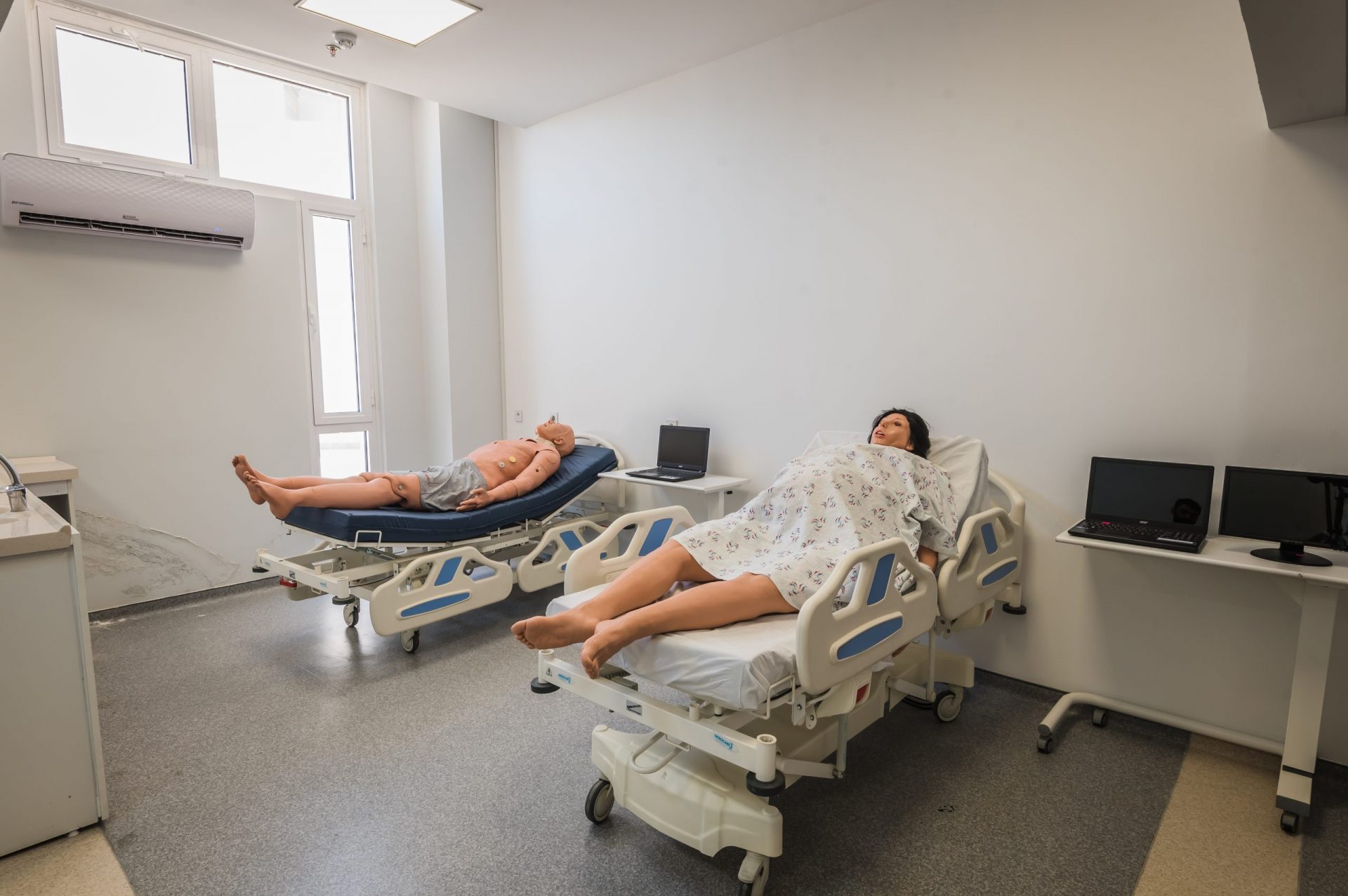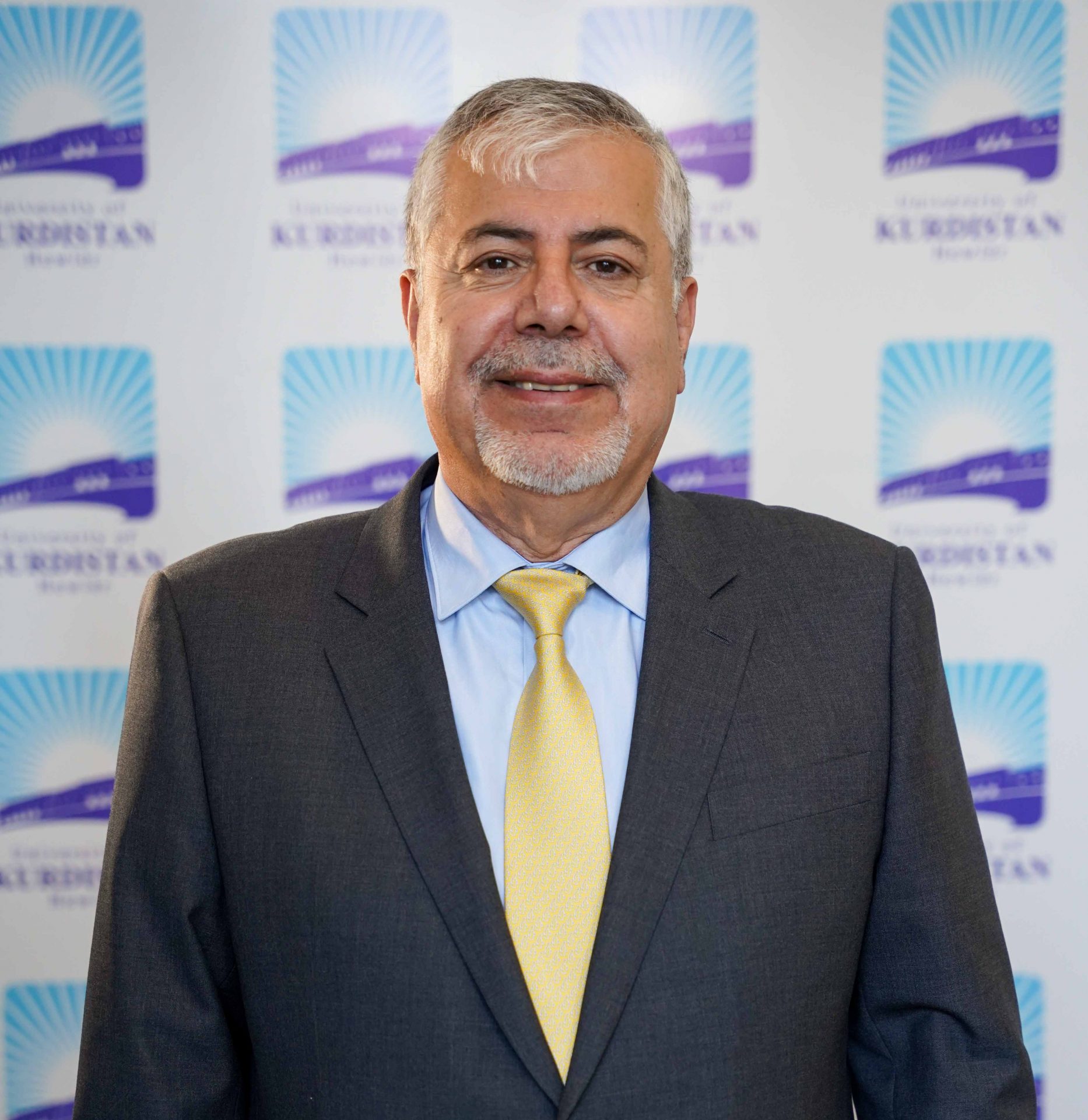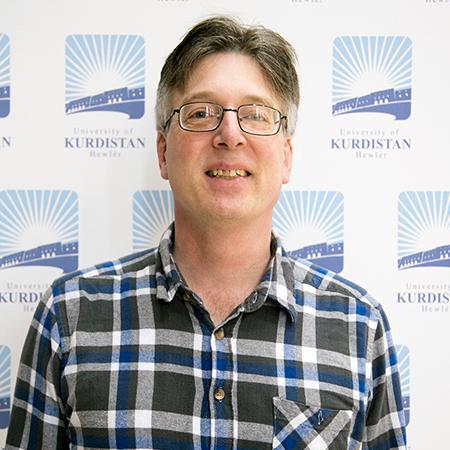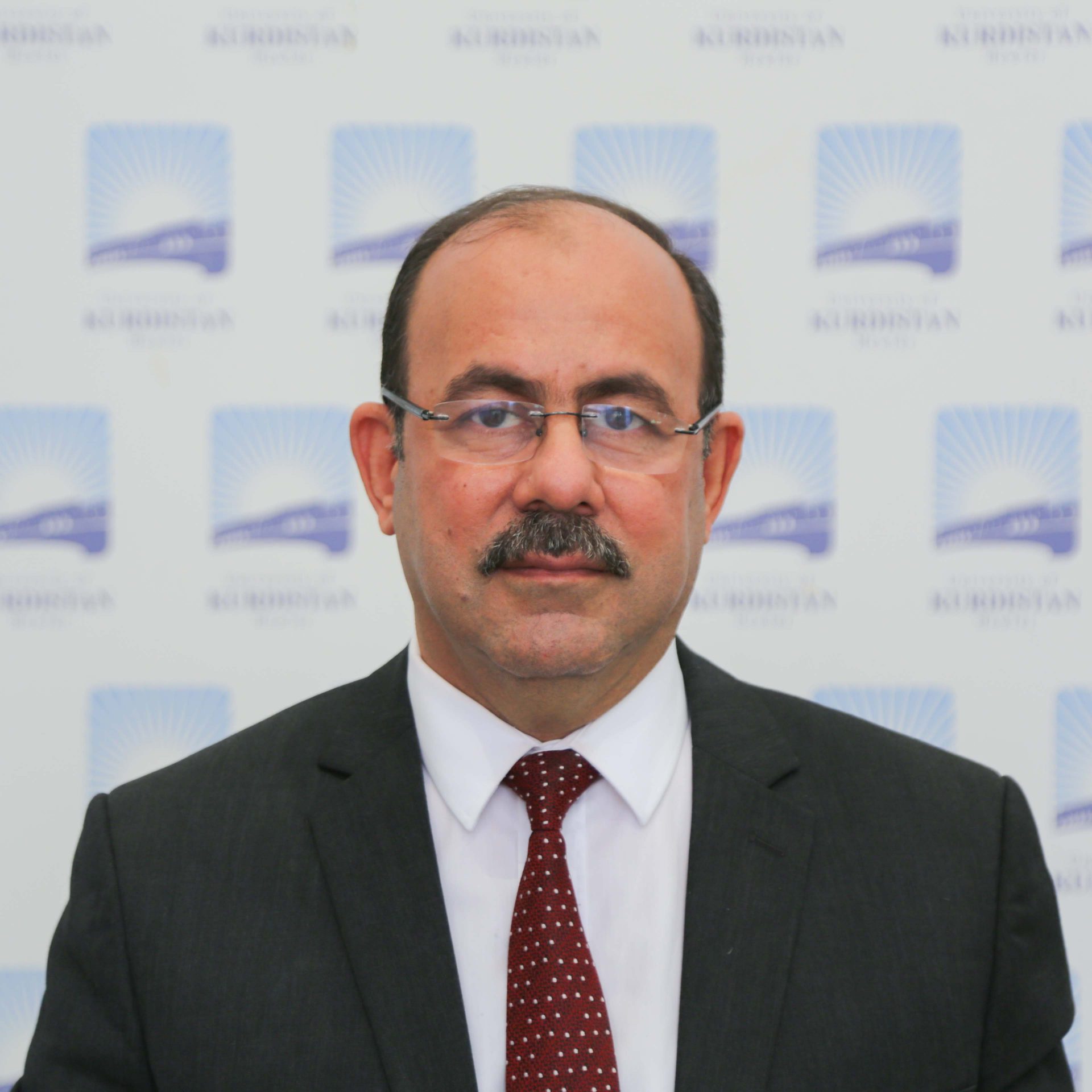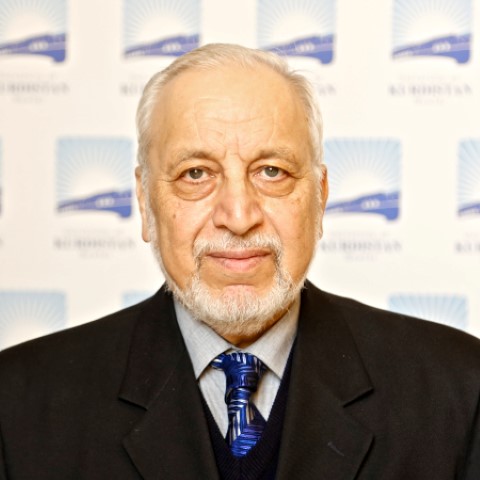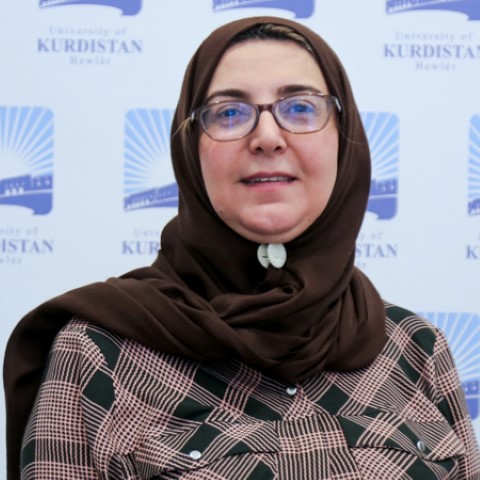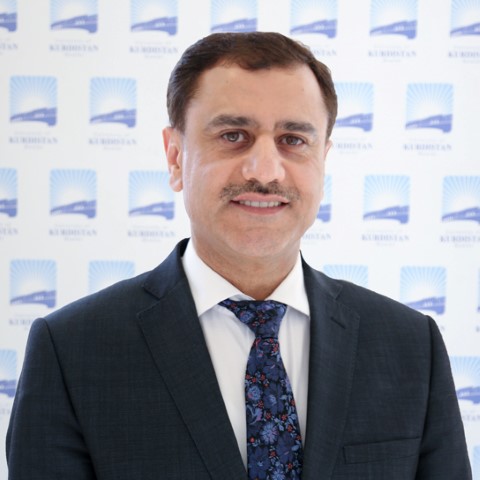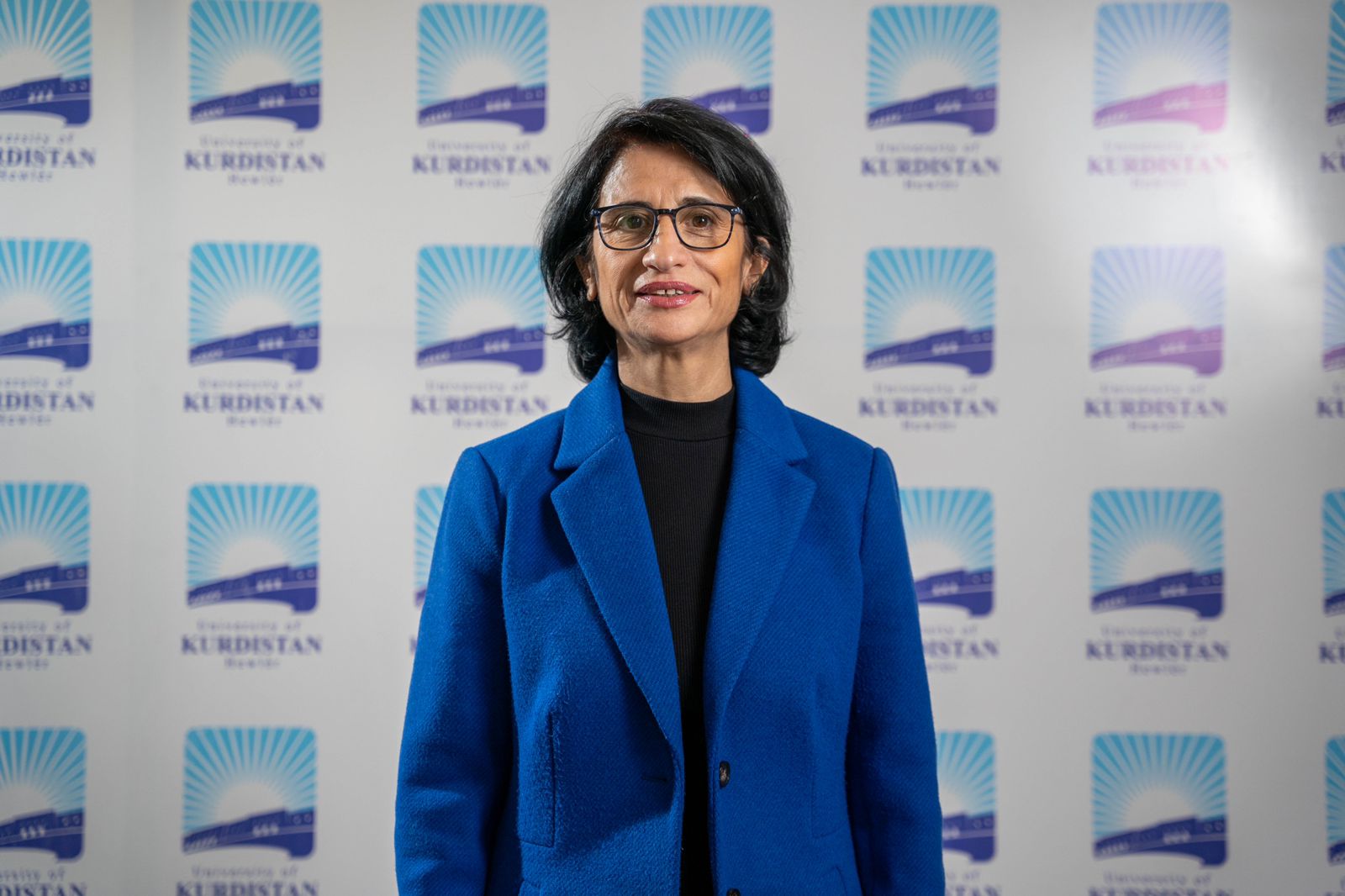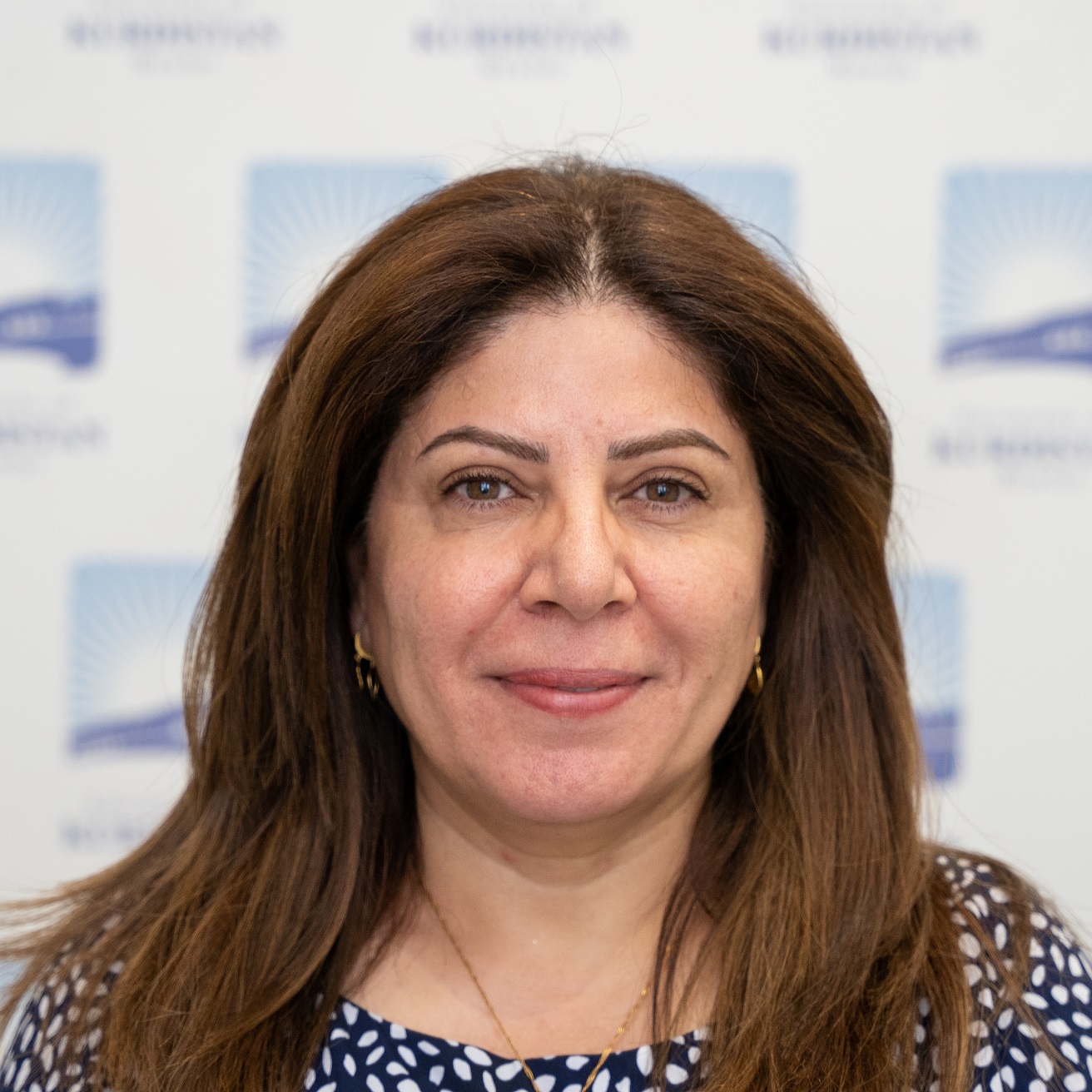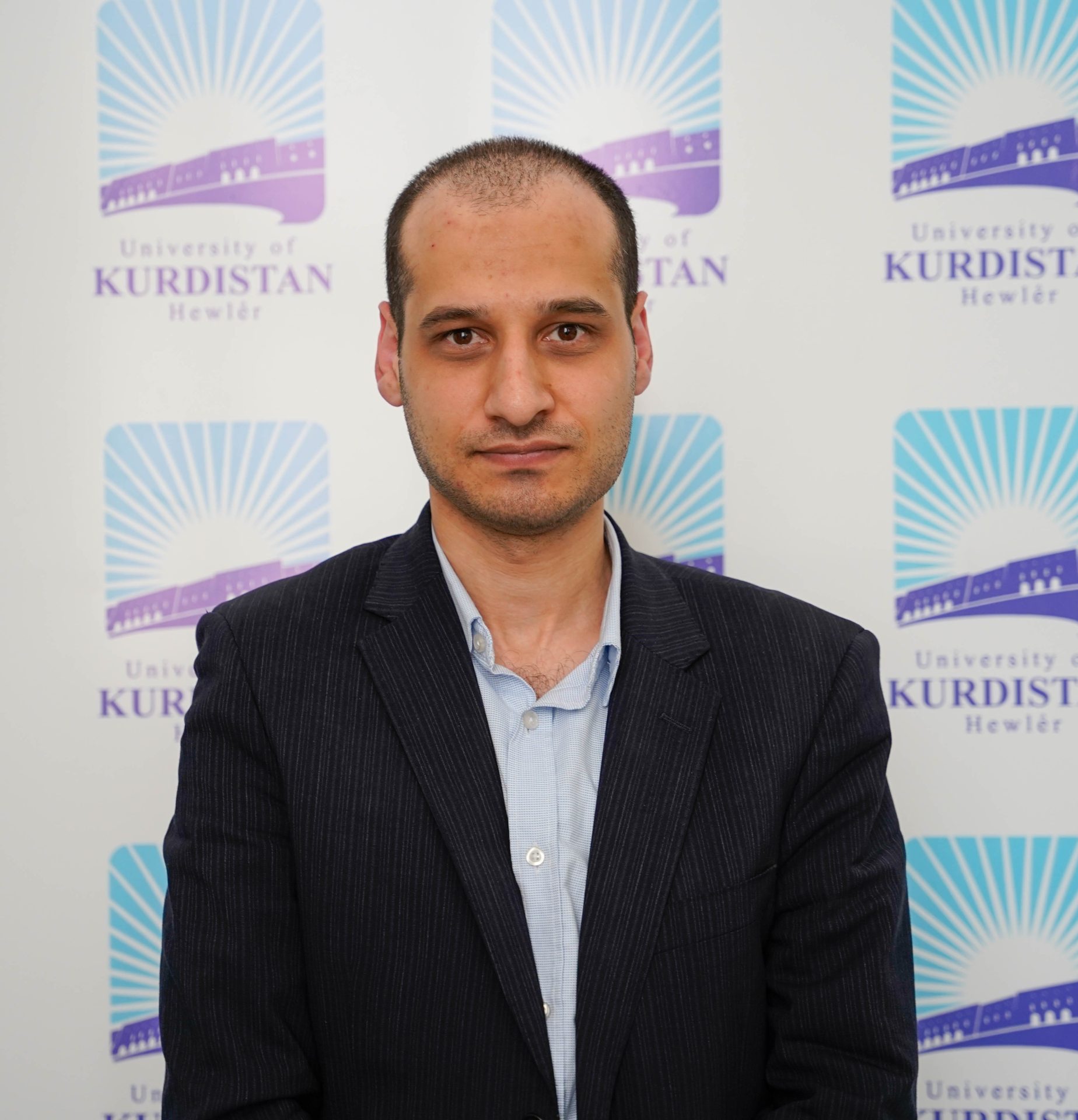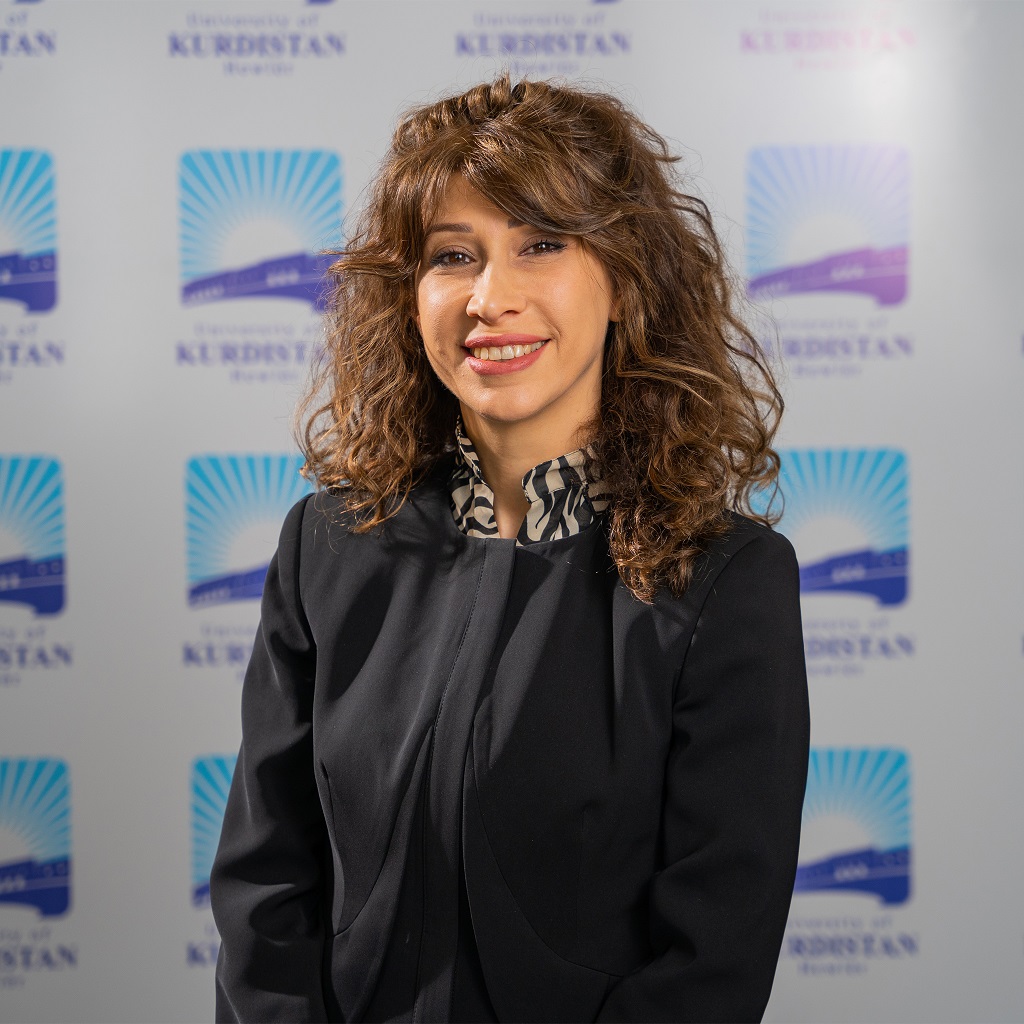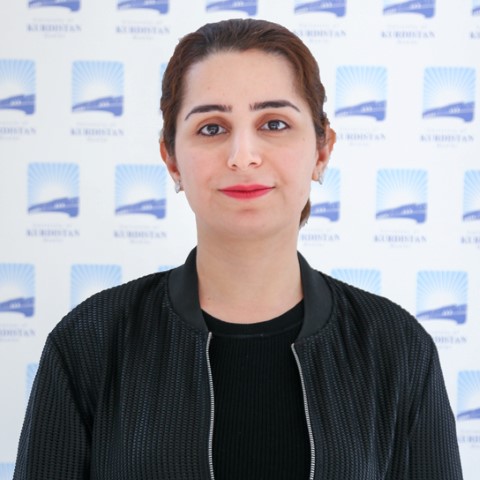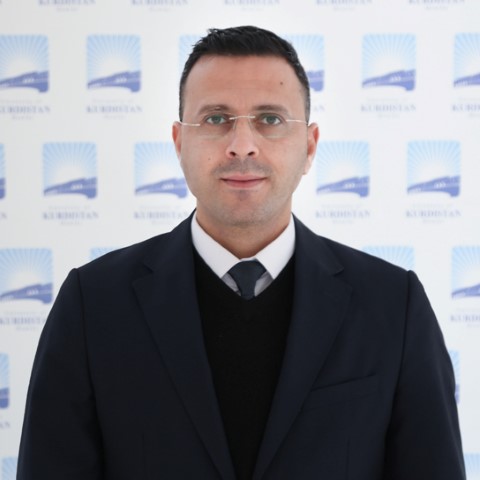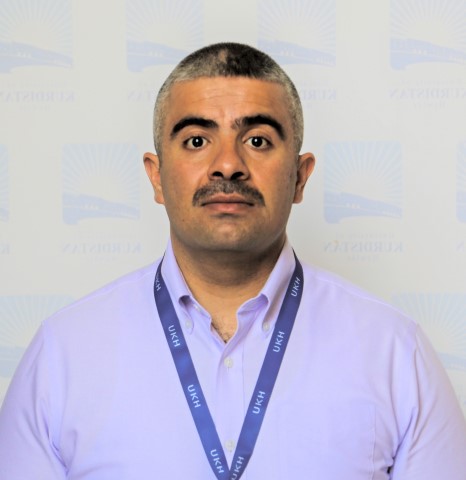Medicine
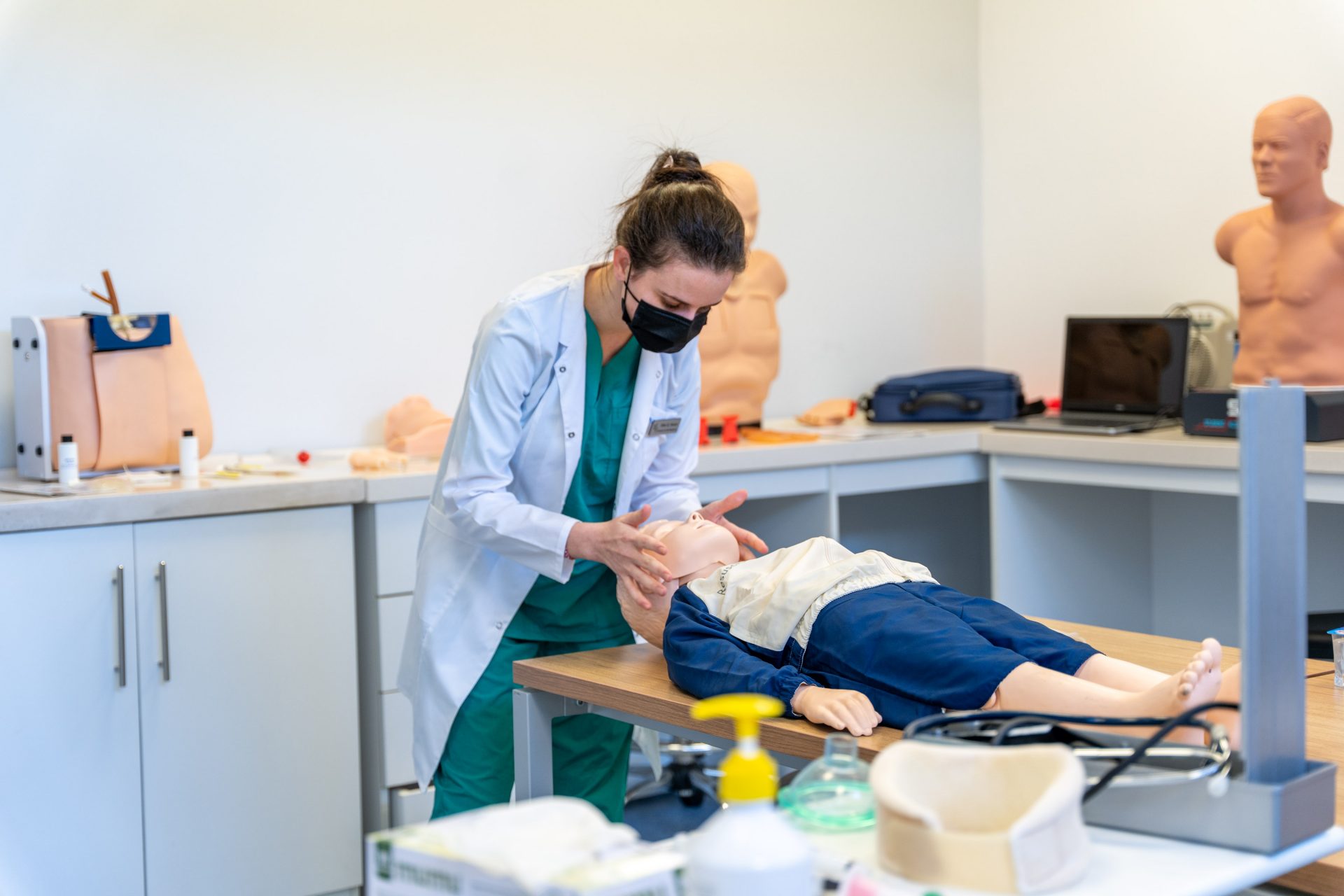
Overview
UKH is introducing a unique Medical Education program which trains the student in addition to the mainstream medical education, the research, and clinical evidence based training and education to graduate the doctors of tomorrow.
Critical to the future of medicine is the training of physician-scientist. The profession of medicine has entered an especially challenging and exciting period as the health care system undergoes revolutionary changes in its organization and focus. In addition, we are experiencing an explosion of new knowledge in the basic & clinical sciences. There is therefore, an increase need for the leaders who can use powerful, newly developed technical and conceptual tools to diagnose, treat, and prevent illness. One of the most effective ways to provide leadership on these issues and to advance our knowledge in the science of medicine and healthcare is through an educational program such as the MBBS- Master’s – PhD program. The training provides students through this program are unique as it provides the knowledge in basic, analytical skills coupled with acquisition of highly clinical skills. Our program at SMS/UKH combines systemic and rigorous research preparation for the Master’s & PhD with MBBS curriculum. Our program offers opportunities that are challenging and rewarding for students who are committed and motivated.
The Model
The innovative model developed for the School combines a strong research foundation with a community-wide cooperative clinical education/service system. Students will be exposed to an academic and clinical environment that promotes learning and high standard training programs in a variety of healthcare settings both inside the Kurdistan Region and abroad, while instilling ethical practices at an international standard, and a clear understanding of the role of research in improving medical treatment that can benefit from, and contribute to, the current/future research strengths at UKH and with international collaborators.
A Research-Based Foundation
The School will be research-based. This is essential to providing a high quality educational experience for students, improving healthcare delivery to the Region. From the outset, the School aims to become an aspiring institution in biomedical sciences and healthcare research. An agreement is already signed to establish an advance research center, which will be under the supervision of a sophisticated European medical research center and will become a twin center for one of the prestigious research institutes.
Potential research priorities for the School include areas of relevance to the Region such as cardiovascular diseases, diabetes and metabolic syndrome, emerging infectious diseases, neurodegenerative diseases, emergency and casualty recovery strategy deployment and health services research. The School will promote and encourage collaborative research in allied and basic science disciplines to benefit from rapid technological advances in computational translational medicine.
Distributed Clinical System
The School will utilize a distributed clinical system, which is both consistent with the proposed mission and, at the same time, socially and economically advantageous. Rather than build its own hospital, especially at this early stage, the School will partner with international and regional hospitals, clinics, and providers for its clinical programs. A distributed model will allow the School to train students in a variety of healthcare settings and populations throughout Kurdistan Region and abroad. At the same time, the distributed model allows for leveraging existing healthcare resources inside the Region by partnering with international hospitals, institutes and clinics. The School will also promote and encourage the emergence of community-wide cooperative clinics that will initially rely on the support of international healthcare institutions as well as Kurdish physicians and consultants working abroad.
The School is well aware of the responsibilities for assuring the highest standards of care in all clinical and/or hospital facilities within which it will operate or affiliate. A particular challenge in this respect relates to maintaining high quality of healthcare and ethical practices in the regional hospitals in comparison to the international European hospitals. A quality control officer will be appointed to establish and adhere to internationally recognizable Quality Assurance processes, which will be open to scrutiny by KRG health and education authorities.
